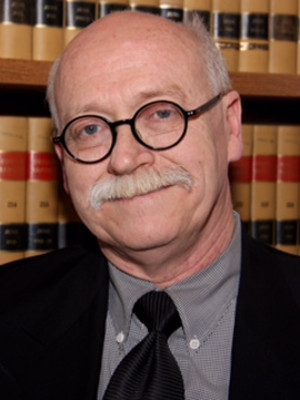 Judge Edward J. Jones, Circuit Judge, Multnomah County Circuit Court
Judge Edward J. Jones, Circuit Judge, Multnomah County Circuit Court
Whoever created this adage would have been a good trial lawyer, because he understood how to overcome bad facts. And dealing with bad facts is at the heart of trying cases. Because every case has its weaknesses, and success is often a matter of coping with the difficult questions those bad facts provoke.
One all-to-often observed strategy is to simply ignore the bad facts and make no attempt to answer the difficult questions. So jury selection and opening focus only on the lawyer’s case, without any mention of any problems. This strategy would work better except for the existence of opposing counsel, who loves those bad facts and loves to have the chance to reveal them.
A small, but real, step up is the “you heard it from me first” strategy. And these people are on the right path. The jury does need to hear it from you first. If you have spoken about the case and not mentioned it, you will be suspected of concealing it. Yet merely stepping up and promptly acknowledging the problem is far from enough. That addresses the credibility issue, and confirms your fairness and commitment to justice, but it fails to deal with the “badness” itself. For that there needs to be an explanation. The challenge is providing an explanation which doesn’t sound like an excuse. And every explanation which follows an accusation smells like an excuse, regardless of whether the accusation comes from your opponent or out of your own mouth.
An effective explanation needs to happen before the accusation is made. The answer needs to be provided before the question gets asked. Remember those wonderful moments in law school when a question was asked in class and you KNEW THE ANSWER? Maybe you didn’t put your hand up, but it felt good. You need to recreate that moment for your jurors. Give them the pleasure of hearing a bad fact and realizing, as they hear it, that they already know all about it.
So how do you explain what you are not allowed to mention? Since you cannot acknowledge the accusation, the specific facts which rebut or explain the weakness in the case need to presented to the jury for some other reason. The explanation needs to be embedded in your account of the facts but must appear to be directed toward some other issue.
While achieving a “pre-explanation” is a worthy goal, there is more that can be done. Ideally, the account provided doesn’t just plant the explanation, it also uses the “bad” facts to advance the case. Rather than ignoring the bad facts, or merely identifying them or even pre-explaining them, rely on them. Incorporate them into your account of the case. Make them into evidence that supports your theory of the case. At that moment, they are no longer bad facts.
In his book, “Trying Cases to Win” Herbert Stern summarizes this approach thusly:
“It is of the highest importance that the jury not only hear your explanation before they hear your adversary’s accusation, but that they hear it your explanation without being aware that it is an explanation. They must never hear from you that there is any such accusation.”